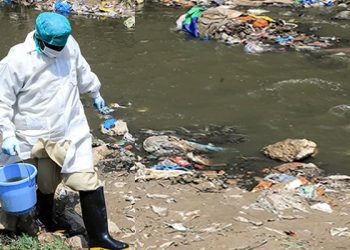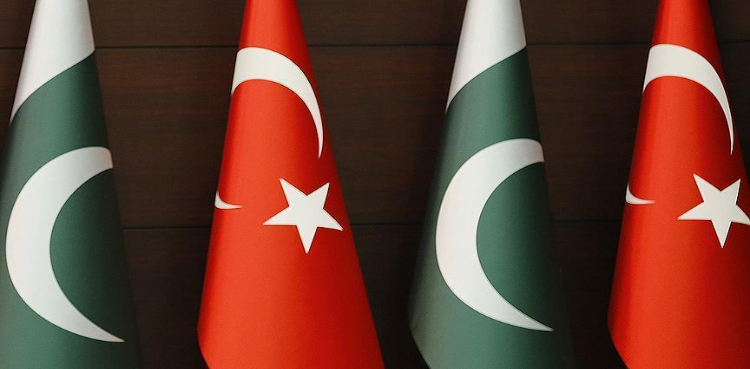UNITED NATIONS: Pakistan has raised the fake COVID-19 vaccines issue and shown its concerns at the UN platform. Pakistan said that to prevent the production and distribution of fake or substandard products by the criminal elements, the international community should world together.
Pakistan’s UN envoy Munir Akram met top Japanese leaders and the United Nations officials in calling for renewed global cooperation against crime to achieve Sustainable Development Goals (SDGs) and to recover from the coronavirus pandemic.
These meetings were made during the opening session of 14 Congress on Crime Prevention and Criminal Justice in Tokyo, Japan. During the session, the statements and messages from Princess Takamado, Japanese Prime Minister Yoshihide Suga, and Justice Minister Yoko Kamikawa were read. Messages from the UN General Assembly President, Volkan Bozkir, UN Secretary-General Antonio Guterres, and the head of the UN Office on Drugs and Crime Ghada Waly were also conveyed to the international community.
Pak Ambassador to UN Munir Akram called for effective action against false and fake medicines and vaccines, such as COVID-19 vaccines. He urged the international community to strengthen cooperation in this regard.
Speaking at the forum, Munir Akram said, “like other aspects of our daily lives, the impact of COVID-19 on transnational organised crime has been significant. He further said, “There is a compelling case for enhanced international action to combat and dismantle networks and platforms that commit these crimes and undermine progress towards Agenda 2030.”
“There can be no sustainable development without justice, rule of law and prevention and control of crime.” Pakistan envoy said.
Munir Akram urged the participants to recommend measures for stopping the bleeding of the resources of developing countries through illicit financial flows. These countries are struggling to overcome the challenges posed by shrinking fiscal space to fight the pandemic and achieve the SDGs.
He suggested opening additional avenues for legal migration as a way to reduce the demand for smuggling services and to meet migration-related SDGs.


















































